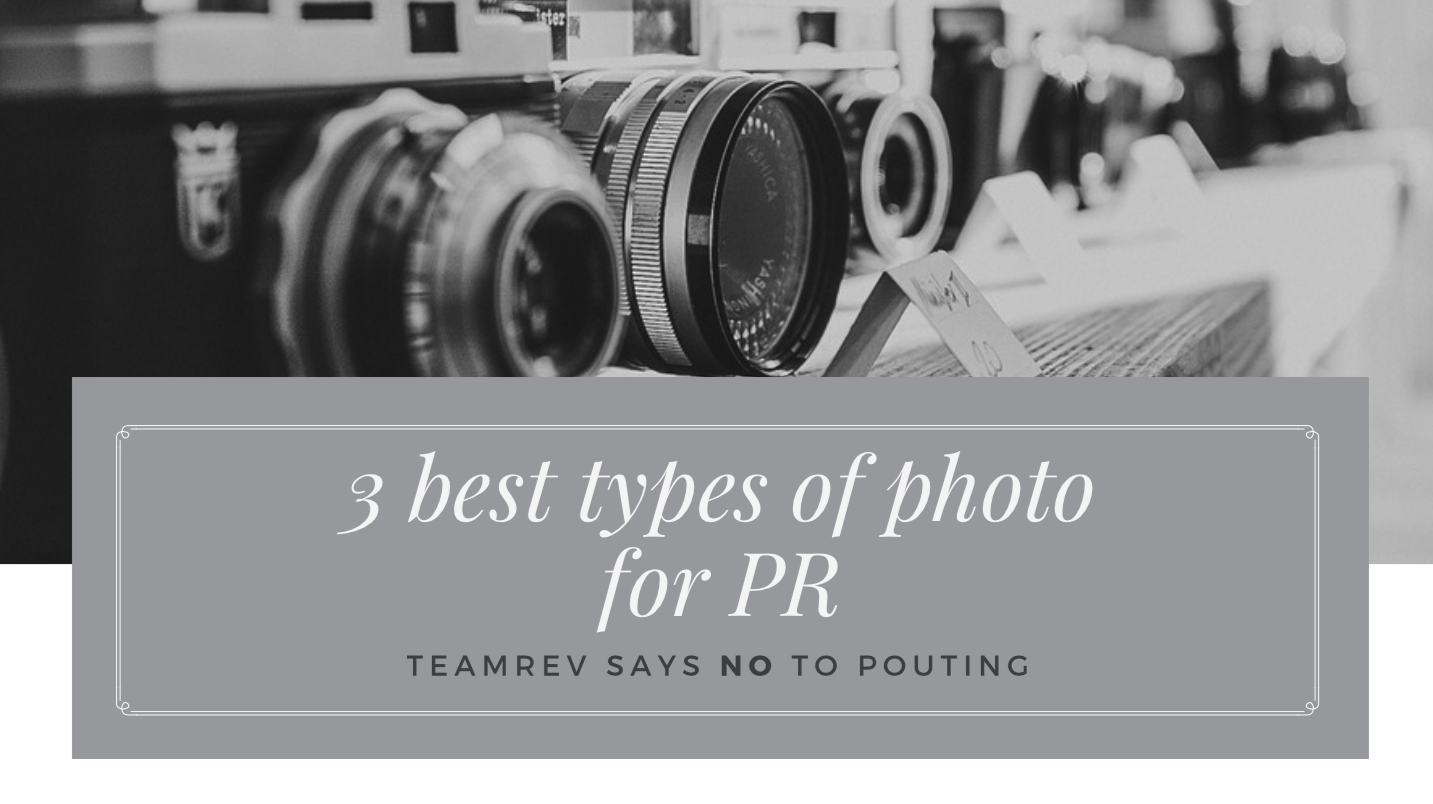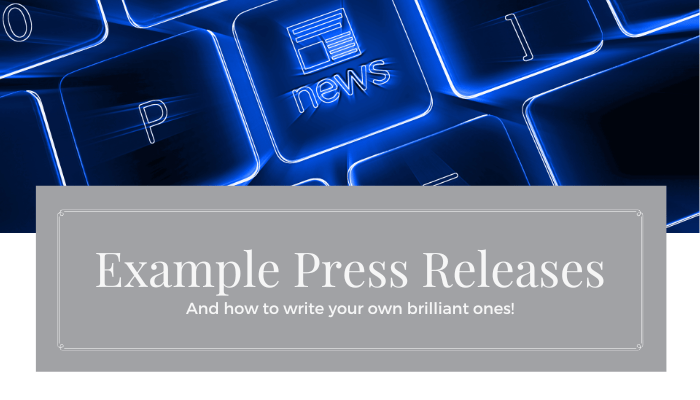Ok, we know only some people (possibly of a certain age) will get that title. But it’s worth it to know that those of you who who do will be singing that in your head for the rest of the day.
Now, to business. Ever been told that you need to ‘SEO’ your online content or that it needs to be ‘optimised’? Thought so. It’s good advice and there are lots of specialists out there who can spend hours analysing your content; tweaking HTML coding, adding tags here and there. It’s impressive stuff. But if you don’t have one of these wizards in-house, or the budget to outsource, there are some simple things that you can do yourself. Here are a few pointers to help you on your way to becoming the masters of your own online content.
Long sentences
Long and flowery sentences are just lovely, aren’t they? They make you feel like a really accomplished copywriter. The trouble is, unless you’re writing a nineteenth century romantic novel, they’ll often do you more harm than good. A quick reminder: public relations is all about communicating with your target audience. Successful communication means being able to convey your message clearly, so that the reader understands and, most importantly, retains the information. So, whether it’s a press release, an expert guide or blog for your website, try to keep the majority of your sentences succinct. Not only will this improve readability, it helps with the retention and recollection of information. Website add-ins like YEOST recommend that no more than 25% of your sentences should be longer than 20 words.
Paragraph length
Rather obviously, this ties in with long sentences. Whilst neither have a direct impact on SEO, they do affect readability and the ability of Google to interpret your content… which does. Keep paragraphs to small, manageable chunks to avoid intimidating the reader. Plus, if your page is easy to scan, you’re more likely to keep the reader to the end.
Subheadings
These help the reader to navigate content and improve accessibility. If you can get your keywords into them, even better. As a rule of thumb, you want to try and make sure you don’t have more than 300 words without a subheading. When posting online, use the formatting that’s included in the backend of most websites which allow you to categorise the size and importance of subheadings – H1 for your main title and so on.
Transition words
Just a quick note on these. As PR profs, this is part of our bread and butter, but you’d be amazed how many people leave them out of copy altogether. Basically, transition words link phrases or sentences. They let the reader know that two ideas are connected and, therefore, make your copy easier to read. A big tick on the SEO scorecard.
Passive voice
Writing in a passive voice is bad for SEO. Unfortunately, it’s probably the trickiest of our tips to master. Particularly if your natural writing style is often passive *waves*. In passive writing, the subject is acted upon – he, she or it receive the action conveyed by the verb. Whilst there’s nothing wrong with this construction grammatically, it can make sentences difficult to read. Again, software like YEOST which analyses content for SEO recommend that no more than 10% of sentences are passive. Very useful to know from the outset.
So, the next time you’re about to start writing content for your website, refresh your memory on these points and incorporate them as you go. It will save you a lot of time and effort later. And, if you’re about to post some existing content to your blog or news pages, stop! Read through with a critical eye and see what simple amends you can make to ensure the piece is more search engine friendly. It can make all the difference. After all, the aim of the game is to be found and to been seen. Of course, you’ve got to know how to engage your audience once you have them too. But that’s another story.
Still singing it aren’t you?
We share regular advice posts like this to help you make the most of your PR activity. To make sure you don’t miss out, follow us on social media: LinkedIn, Twitter or Instagram






